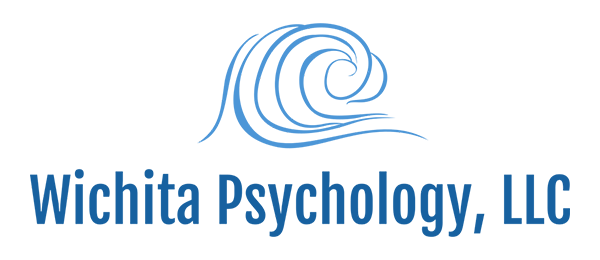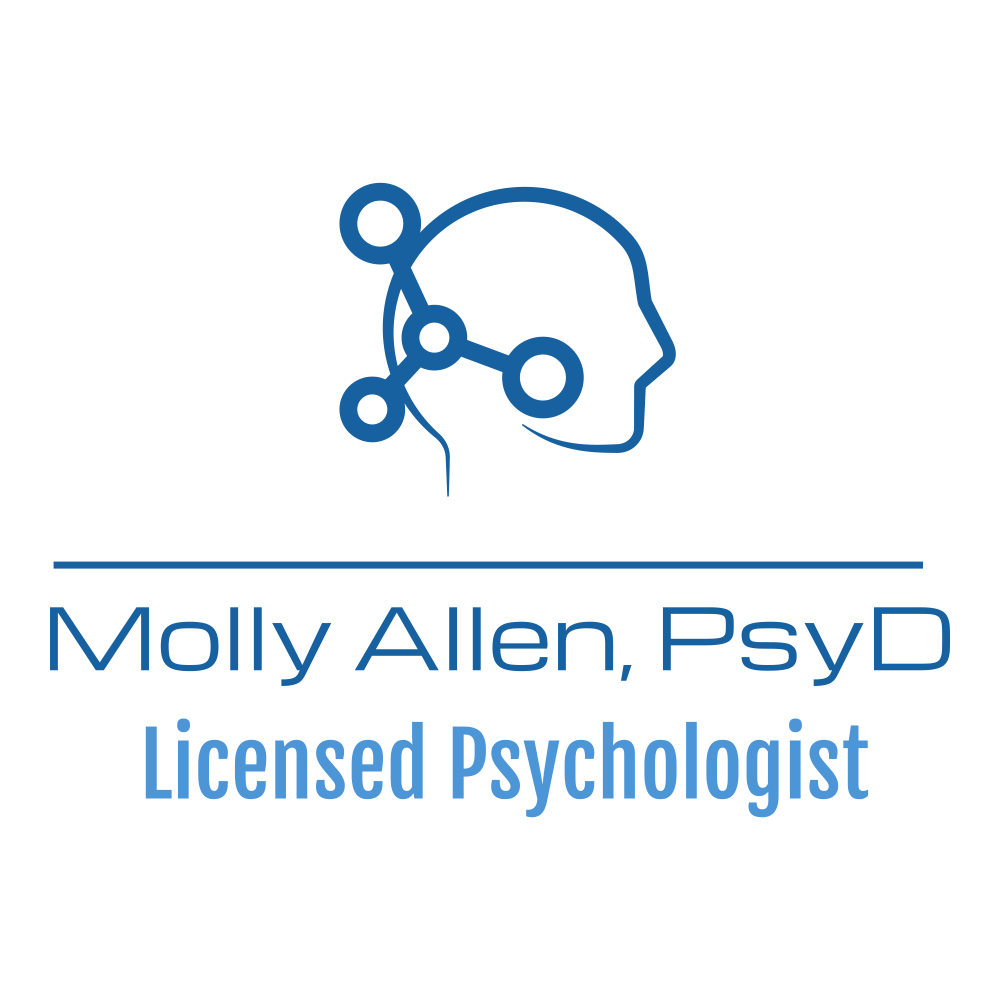Post-traumatic Stress Disorder (PTSD)
OVERVIEW
Post-traumatic stress disorder (PTSD) is a serious mental illness triggered by a terrifying event such as rape or seeing action during military service. Going through a traumatic event can affect a person’s ability to cope and adjust, but with time and therapy, most people can live normal lives. However, in some cases the symptoms can get worse or last for months or even years. And when these trials really disturb your life, it’s time to see a therapist.
CAUSES
Situations that cause intense fear, helplessness or horror can be triggers to developing PTSD. Doctors don’t really know why some people get PTSD, but like most mental health problems, PTSD is probably caused by a mix of:
- The inherited aspects of your personality — often called your temperament
- Inherited mental health risks, like an increased risk of anxiety and depression
- The way your brain regulates the chemicals and hormones your body releases in response to stress
- Life experiences, including the amount and severity of trauma you've gone through since early childhood
While people of all ages can develop post-traumatic stress disorder, some things may make you more likely to develop PTSD, including:
- Experiencing intense or long-lasting trauma
- Being female
- Having been abused or neglected as a child
- Having other mental health problems, such as anxiety or depression
- Having first-degree relatives with mental health problems, including PTSD or depression
- Lacking a good support system
KINDS OF TRAUMATIC EVENTS
Sometimes called "shell shock," "battle fatigue" or "combat stress," PTSD is very common among those who have served in combat. The most common events leading to the development of PTSD include:
- Combat exposure
- Rape
- Childhood neglect or physical abuse
- Sexual molestation
- Physical attack
- Being threatened with a weapon
- Fire
- Mugging, robbery or assault
- Natural disaster
- Civil conflict
- Car accident
- Plane crash
- Torture
- Kidnapping
- Life-threatening medical diagnosis
- Terrorist attack
SYMPTOMS
The symptoms of Post-traumatic Stress Disorder usually start within three months of a traumatic event. However, PTSD symptoms can appear years afterward, too. There are three types of symptoms: intrusive memories, avoidance and numbing, and increased anxiety or emotional arousal (hyperarousal).
Symptoms of intrusive memories are:
- Flashbacks or reliving the traumatic episode for minutes or even days at a time
- Upsetting dreams about the incident
Symptoms of avoidance and emotional numbing are:
- Difficulty maintaining close relationships
- Avoiding activities you once enjoyed
- Trying to avoid thinking or talking about the traumatic occurrence
- Hopelessness about the future
- Feeling emotionally numb
- Memory problems or trouble concentrating
Symptoms of anxiety and increased emotional arousal are:
- Overwhelming guilt or shame
- Self-destructive behavior, such as drinking too much
- Hearing or seeing things that aren't there
- Irritability or anger
- Trouble sleeping
- Being easily startled or frightened
Because PTSD symptoms can come and go, it’s possible to have more when things are stressful in general, or when you run into reminders of what you went through. You may hear a car backfire and relive combat experiences. Or you may see a report on the news about a rape and feel overcome by memories of your own assault.
COMPLICATIONS
There’s no doubt that PTSD can disrupt your whole life: your job, relationships and even your enjoyment of everyday activities. Having PTSD also means you could be at a higher risk of developing other mental or physical health problems, including:
- Depression
- Drug or alcohol abuse
- Eating disorders
- Suicidal thoughts and actions
- Cardiovascular disease
- Chronic pain
- Autoimmune diseases, such as rheumatoid arthritis and thyroid disease
- Musculoskeletal conditions
WHEN TO SEE A THERAPIST
After a traumatic experience, it's normal to have a wide range of feelings and emotions; crying spells, lack of focus, fear, anxiety, sadness, and changes in your sleeping or eating patterns. You might also have nightmares or be unable to stop thinking about the event. If you have any of these symptoms, it doesn’t necessarily mean you have PTSD. But if you have these thoughts and feelings for more than a month, if they're severe, or if you're having trouble getting your life back under control, then it’s time to talk to a healthcare professional. Getting treatment as soon as possible can help prevent PTSD symptoms from getting worse.
Source: Mayo Clinic





